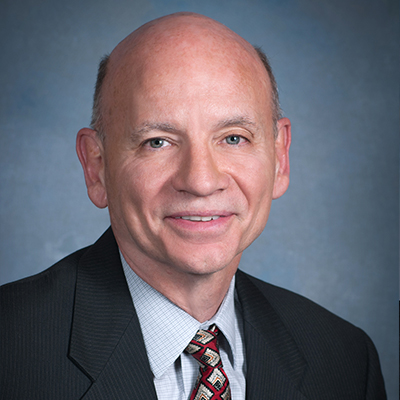
The average life expectancy in Colonial America was under twenty-five (25) years in the colony of Virginia, and in all of New England about forty percent (40%) of children failed to reach adulthood. During the Industrial Revolution, the life expectancy of children increased dramatically. In the twentieth (20th) century, the average lifespan in the United States increased by more than thirty (30) years, of which twenty–five (25) years can be attributed to advances in public health. The average life expectancy for an individual born in the United States in 2008 is seventy-seven and a half (77½) years to eighty (80) years. The oldest confirmed recorded age for any human is one hundred twenty-two (122) years, though some people are reported to have lived longer. With people living longer and longer, does there come a point when a person cannot make a Trust or Last Will and Testament due to his or her age?
Most people find it surprising that less legal capacity is required to make a Trust/Will than to transact ordinary business. The ability to make a Trust and Last Will and Testament is called "testamentary capacity." In Nevada, a person must be eighteen (18) years of age and of “sound mind” at the time he or she makes a Trust or Last Will and Testament. NRS 133.020. “Sound mind” means the person must understand the nature of the act of executing the Trust/Will, understand the nature and extent of his or her property, know the natural objects of his or her bounty (spouse, children, et cetera), and the nature of the disposition. This does not mean that a person must know exactly or in great detail the nature and extent of his or her property; he or she must only generally know the same. Nor does this mean that the person has to leave part or all of the property to his spouse or children as his natural objects of bounty; he must only know that such spouse and children exist.
Accordingly, the ability or inability to make a Trust/Will is not determined by age, and there is not a certain age above which a person cannot make a Trust/Will. The basic requirement is that the person making the Trust/Will has the requisite testamentary capacity at the time of the making of such Trust/Will. In fact, a person of many years can have the requisite testamentary capacity to make a Trust/Will, while a person of far less years may not. Further, the inability to make a Trust/Will is not synonymous with illiteracy, deafness, illness, blindness, physical or mental weakness, the taking of pain medication, eccentricity or even Alzheimer's disease as long as testamentary capacity is present at the time of the making of the Trust/Will.
At the law firm of Jeffrey Burr, we have many years of experience in assisting clients in their estate plans through the drafting and execution of their Trusts/Wills. As part of this service, we go to great lengths to determine and document the testamentary capacity of the client to ensure that his or her expressed desires and wishes are carried out at the client’s demise. In this regard, we have experience in not only defending the validity of Trusts/Wills where testamentary capacity was present, but also in challenging and setting aside Trusts/Wills where the person lacked the necessary testamentary capacity, was unduly influenced, et cetera.

"*" indicates required fields